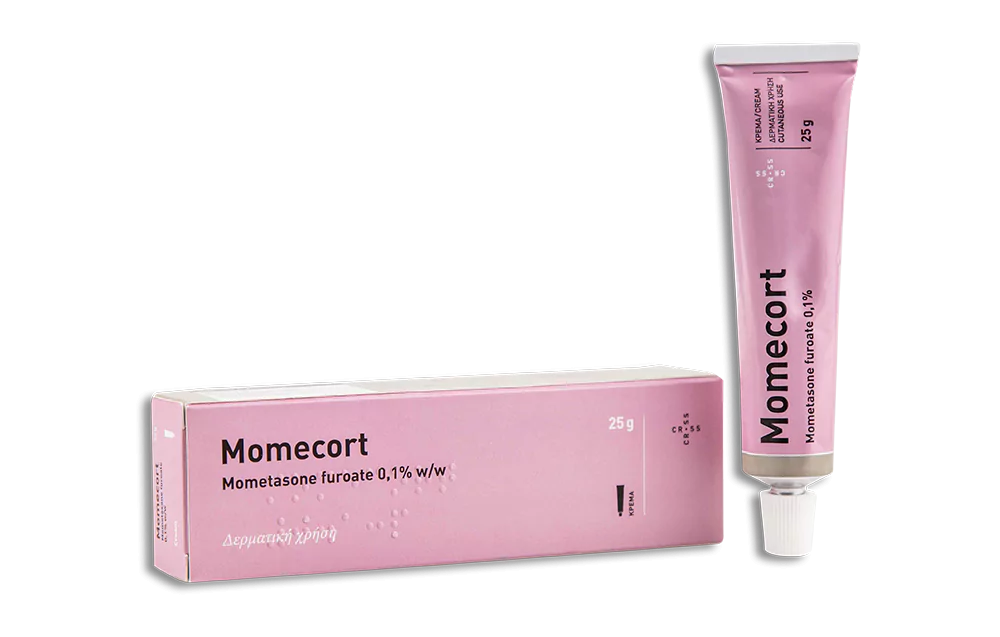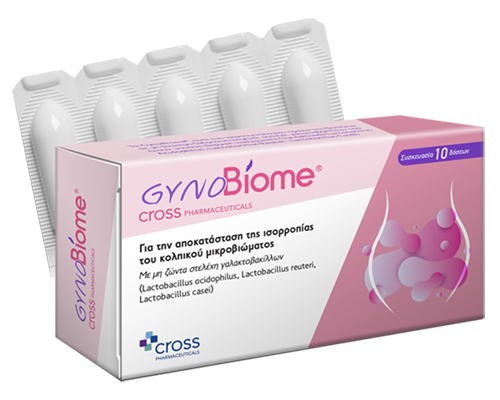Constipation in pregnancy

The period of pregnancy can be joyful, touching, tender, but also difficult. The body reaches its biological limits so that a woman can bring her baby into the world. A very common adversity of pregnancy is constipation, which may seem like a minor problem, but it is not, as it makes everyday life difficult and puts a strain on both the female body and mood. Surely, your gynaecologist and gastroenterologist will have already informed you that there is nothing to worry about, as constipation in pregnancy is a very common phenomenon.
Below we analyze the phenomenon of constipation in pregnancy and the causes behind it, but we also present the safest and most effective solution.
What is constipation?
It is difficult to define a specific stool frequency as ‘normal’, as each person’s gastrointestinal system works differently. However, the term “constipation” usually refers to less than 3 stools per week with hard stools. Also, another sensation that accompanies constipation is that of incomplete bowel movements. It is worth noting that 7 out of 10 patients with constipation are women and 1 in 4 women will experience constipation during pregnancy.
The most common causes of constipation in pregnancy:
The first reason for the appearance of constipation in pregnancy is the increase in the hormone progesterone. Progesterone increases naturally during pregnancy because it is responsible for securing the uterus during pregnancy. However, at the same time it reduces the contractions of the intestine and thus makes it more difficult for food to move along it.
The second reason for constipation in pregnancy is the size of the uterus. During pregnancy, the size of the uterus increases in order to accommodate the baby and provide it with an optimal environment. This, however, puts a strain on the intestine, which is pressed and cannot function properly.
Finally, taking certain supplements during pregnancy can lead to constipation, such as taking iron. Iron supplements are essential in pregnancy as they contribute to the normal development of the fetus. A known side effect, however, is the occurrence of constipation.
If I was constipated before, will I still be constipated during pregnancy?
Women who were affected by constipation before pregnancy are more likely to develop it during pregnancy. If you belong to this case, consult your gastroenterologist and try to adopt some good habits before becoming pregnant, such as drinking plenty of fluids, regular exercise, diet rich in fibre, in order to regulate the bowel emptying cycle.
How is constipation in pregnancy treated?
If lifestyle changes fail to solve the constipation problem, then a more invasive method is required. However, the period of pregnancy is the time when only the least invasive methods are allowed, so consult your gynaecologist and gastroenterologist before taking any medicine. The safest and at the same time most effective solution for the treatment of constipation in pregnancy, as advocated by the World Organization of Gastroenterology, is Macrogol. Specifically, Macrogol 3350 is an osmotic laxative, which is not metabolized or absorbed by the body and is therefore safe for all trimesters of pregnancy, something that no other laxative can achieve. So your baby is not affected at all and you are relieved of constipation.
Izicol is Cross Pharmaceuticals’ Macrogol 3350!
The safest and most effective way to get rid of constipation!



